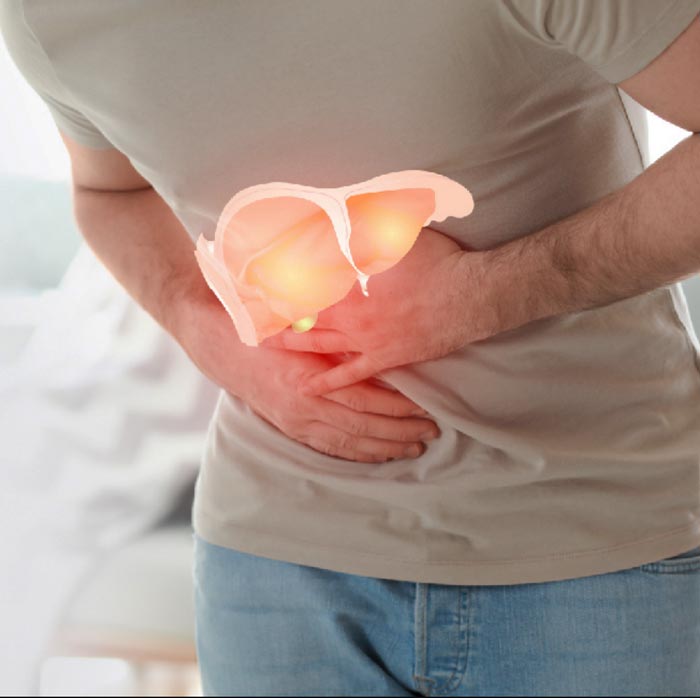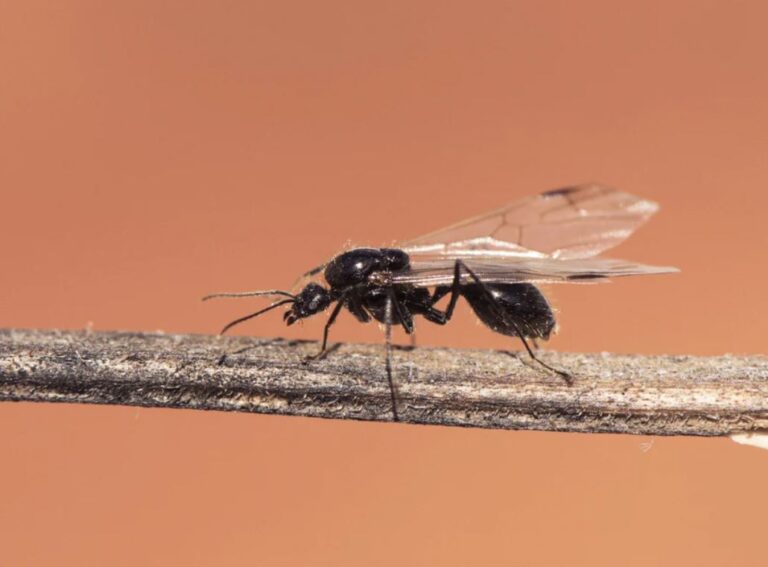Fatty Liver Disease: Symptoms, Causes, Risks, and Treatments
The medical term for fatty liver is hepatic Steatosis. It occurs when excess fat builds up in the liver. Non-alcoholic fatty Liver Disease (or NAFLD) is a condition that occurs when a person drinks little or no alcohol. NAFLD prevalence is increasing worldwide, particularly in Western countries where it is the main cause of chronic liver diseases.
Approximately 25% of Americans are estimated to have NAFL. Around 20% of people with NAFL will develop non-alcoholic liver steatohepatitis. This is a more severe form of fatty hepatitis that can progress to liver cancer, liver cirrhosis or liver failure.
Fat liver is a cause of fatty liver
Scientists believe a combination of genetic, lifestyle, and environmental factors can contribute to fatty liver. Excess weight, diabetes, insulin resistance and high blood triglyceride are all factors that can contribute to NAFL or NASH. PCOS, sleep apnea and hypothyroidism are other conditions that can increase the risk of having fatty liver. NASH is more common.
Some cases of NAFL are associated with certain environmental chemicals such as volatile organic compounds (VOCs), pollutants, and metals, like arsenicum and lead.
Fat liver symptoms
NAFLD is usually asymptomatic until it progresses into NASH. This can cause pain and a feeling of fullness on the upper right side of the abdomen just below the ribs, where the liver is. As the disease advances, swelling of the abdomen, an enlarged spleen and yellowing skin and eyes are possible. In advanced fatty liver (NASH), fatigue and weakness are frequent complaints.
Diagnosis of fatty liver
Doctors may suspect fatty liver when liver enzymes are elevated. When the liver is damaged, the levels of liver enzymes increase. Additional tests such as ultrasound or CT scanning can be used to further evaluate the injury. Fibroscan, a form of special ultrasound, can be used to determine the amount of fat or scar tissue in the liver as an alternative to liver biopsies.
Blood tests such as CBC (complete count), hepatitis A/C testing, blood sugar level, and lipid profile, can provide additional information and help to rule out other conditions.
[ruby_related heading=”More Read” total=3 layout=1 offset=5]
Treatment for fatty liver
According to experts the best treatment for fatty liver is lifestyle changes and not medication. There are currently no FDA approved drugs on the market. However, a few new drugs are under research. Studies suggest that omega 3 and vitamin E may help to manage fatty liver. Changes in lifestyle can include:
- Losing weight is healthy. Dropping those extra pounds will make a big difference when it comes to managing fatty liver. Losing 5% of your body weight is enough to reduce liver fat, and increase liver enzymes. You can reduce liver inflammation and injury by losing up to 10% body weight. This could reverse damage caused by cirrhosis. Doctors recommend that you lose no more than two pounds per week for the best results. Losing over 1.6 kg (over 3 pounds) per week can worsen the condition and cause more inflammation.
- Exercise is important. Moderate aerobic exercise or high-intensity workouts can be beneficial. Regular exercise is the key to reaping its benefits. Try to exercise for 30-60 minutes most days of the weeks.
- A fatty liver diet is recommended. Research has shown that a Mediterranean-style diet can be an excellent choice for reducing liver fat and treating associated conditions. It helps to lose weight and improves blood glucose levels and lipid profiles.
Fatty liver diet
There is no “fat liver diet”, but the Mediterranean diet’s principles are a good place to start. This diet focuses on whole foods, including plenty of vegetables, grains, fruits and legumes. It also includes healthy oils, such as olive oil, and nuts and seeds. In small quantities, you can consume dairy products like cheese, yogurt and other dairy items daily. Fish and poultry should be eaten a few days a week. Red meat is best consumed in small quantities and rarely. To add flavor to food, consider replacing processed foods with herbs and spices. For dessert, fresh fruits can be substituted for cakes and candies.
The Mediterranean diet is more than just a simple dietary plan. It emphasizes socialization, staying active and sharing meals with family.
What foods can help repair fatty hepatitis?
Researchers examined foods that are part of the Mediterranean diet. Green leafy vegetables, including spinach, are rich in polyphenols and nitrates. They also contain vitamins. Omega-3 fatty acid-rich foods include fish, olive oil and nuts and seeds. These help to reduce liver inflammation, improve digestion, and lower cholesterol. Oats and other whole grains can help to manage fatty liver, diabetes, and high cholesterol.
To drink or to not drink coffee? Continue to enjoy your coffee if you like it. According to some research, those with NAFLD that drink about two cups of caffeine daily are at a lower-risk for developing scarring (fibrosis).
Do you drink wine occasionally? If you follow the Mediterranean diet, a glass of red wine can be enjoyed with your meals. Alcohol is not good for people who have fatty livers, even though some studies indicate that moderate/low alcohol consumption can protect against NAFLD. Even modest alcohol consumption can promote disease progression and slow down improvements. If you have alcoholic fatty hepatitis, avoid drinking alcohol.
The liver is vital for the body.
The liver is responsible for more than 500 functions in the body. It is crucial for digestion as it produces bile and helps convert food into energy. It supports the immune system and stores iron.
Although fatty liver is not a serious problem, it can lead to NASH, liver cancer or liver failure. It’s good to know that the liver is incredibly resilient and can be repaired with simple lifestyle changes.
Resources
- Harvard Health Publishing. Fatty liver disease: What it is and what to do about it.
- Fatty Liver Foundation. Fibroscan.
- John Hopkins Medicine. Liver: Anatomy and Functions.
- NIH. Genetic Pathways in Nonalcoholic Fatty Liver Disease: Insights From Systems Biology.
- NIH. Mediterranean Diet and Multi-Ingredient-Based Interventions for the Management of Non-Alcoholic Fatty Liver Disease.
- NIH. Mechanisms of Environmental Contributions to Fatty Liver Disease.
- NIH. Effect of alcohol consumption on nonalcoholic fatty liver disease.
- NIH. Genetic pathways in nonalcoholic fatty liver disease: Insights from systems biology.
- NIH. Mediterranean Diet and Multi-Ingredient-Based Interventions for the Management of Non-Alcoholic Fatty Liver Disease.





